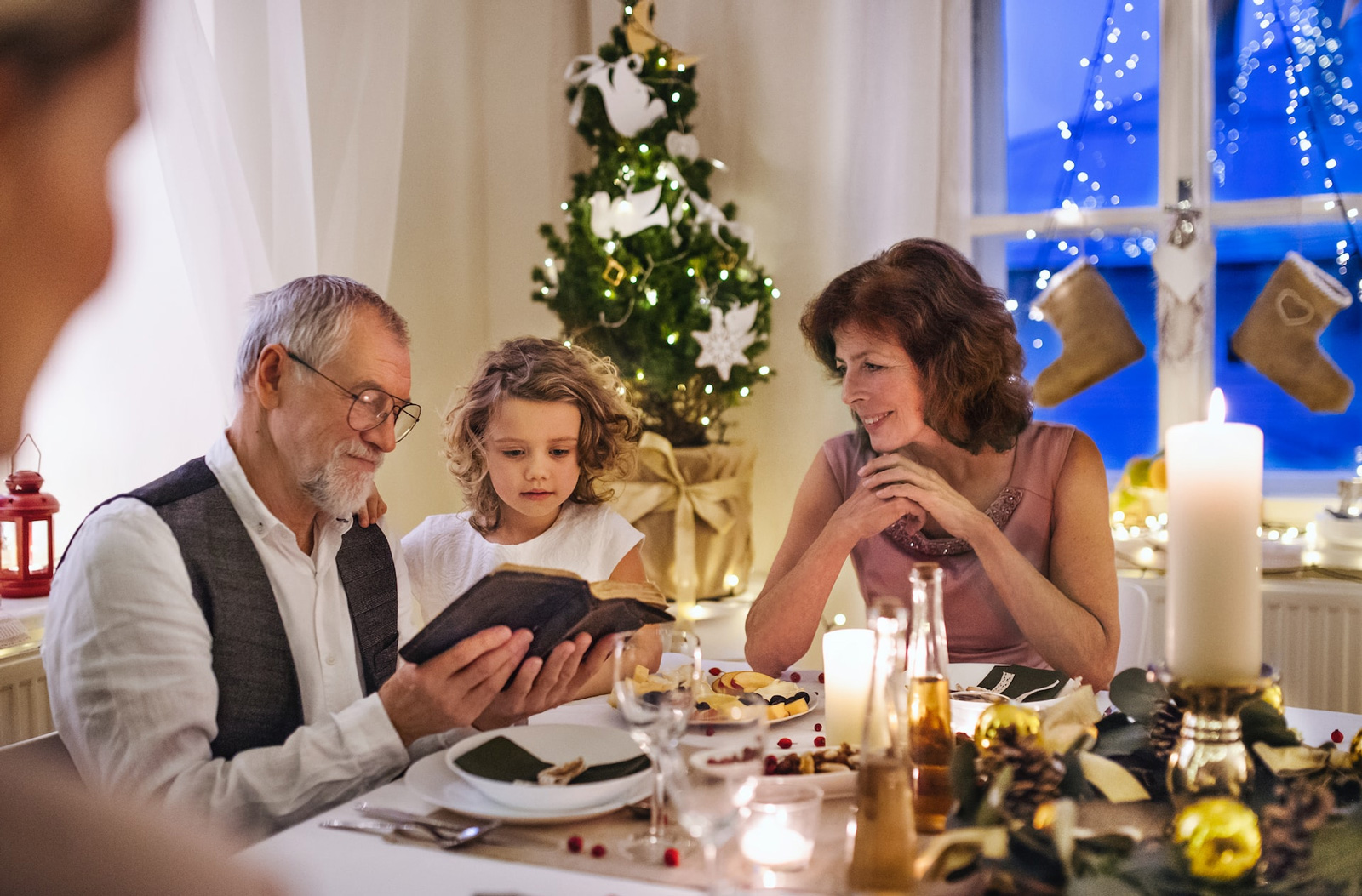The holiday season, for many, overflows with happy memories, family traditions, and time spent with loved ones. However, one study of senior citizens conducted by the AARP found that “Thirty-one percent of respondents say they have felt lonely during the holiday season sometime during the past five years, and 41 percent have worried about a family member or friend feeling lonesome.”
While these statistics inform us on better managing the time we have with loved ones, it is deeply concerning that nearly one third of the elderly population in the United States feels lonely during the holidays.
COMBATING ELDERLY LONELINESS IS CRUCIAL
The National Center for Biotechnology Information has cited that “loneliness has been linked to poor mental and physical health outcomes” by measuring the levels of inflammatory markers in the body, which denote the human stress response. These studies show deterioration across numerous criteria. Elderly loneliness may lead to poor hygiene, depression, anxiety, mental and physical decline, and much more, especially if the senior is homebound.
Seniors deal with loneliness on a different level than many adults, however, and it can be pervasive and crippling.
The following are indicators that your senior may deal with loneliness, if they:
- Live alone
- Can’t leave home
- Have had a major loss or life change, such as the death of a spouse or partner, or retirement
- Struggle with finances
- Are a caregiver
- Have psychological or cognitive challenges, including depression
- Have limited social support
- Have trouble hearing
- Live in a rural, unsafe, and/or hard-to-reach neighborhood
- Have language barriers
- Are not meaningfully engaged in activities or are feeling a lack of purpose

Reducing Elderly Loneliness During The Holiday Season
Fortunately, there are a variety of ways to decrease the stress response, inhibit inflammation, and reduce senior loneliness– especially during the holiday season. These may include:
- Involvement in community and support groups
- Engaging in their favorite holiday traditions and hobbies on a regular basis
- Celebrating the holidays with new friends and maintaining existing friendships
- Socializing regularly with other seniors
- Improving access to transportation
- Helping seniors learn to use information and communication technologies, so that they can better reach out to friends and family members outside of their community to stay connected during the holiday season
Further methods of improving elderly loneliness may also include regular visits from family and friends, inviting elderly loved ones to participate in holiday celebratory activities, learning new ways to get involved with arts and crafts projects, and playing memory-enhancing games and puzzles.
HELP FOR SENIORS WITHOUT FAMILY NEARBY
At Collier Home Care, our Companion Care services help seniors live healthy, happy fulfilled lives in the comfort of their own home regardless of their proximity to loved ones.
Companion care can help reduce elderly loneliness in a number of ways. A caregiver (or nurse aid) spends time in a senior’s home regularly, providing a pleasant interaction to anticipate. Looking forward to a regular conversation, and catching up on news and events at home and around the world, are stimulating and engaging, effectively combating loneliness.
Companion caregivers might also be the first to notice any signs of distress that seniors may experience due to loneliness, such as:
- Noticeable changes in mood, energy level, or appetite
- Feeling flat or having trouble feeling positive emotions
- Difficulty sleeping or sleeping too much
- Difficulty concentrating, feeling restless, or on edge
- Increased worry or feeling stressed
- Anger, irritability, or aggressiveness
- Ongoing headaches, digestive issues, or pain
- Misuse of alcohol or drugs
- Sadness or hopelessness
- Suicidal thoughts
- Engaging in high-risk activities
- Obsessive thinking or compulsive behavior
- Thoughts or behaviors that interfere with work, family, or social life
- Engaging in thinking or behavior that is concerning to others
- Seeing, hearing, and feeling things that other people do not see, hear, or feel
IS COMPANION CARE RIGHT FOR MY ELDERLY LOVED ONE?
Companion care is a serious consideration for families of seniors and, of course, for the seniors themselves. As companion care is a form of home care offering non-medical services to older adults, it means that a trained professional will be in contact with your beloved family member, in their home, regularly.
At Collier Home Care, we prioritize quality of care above all else, ensuring that the referred caregiver who works with your senior is dedicated, nurturing, and professional. Our goal is to make certain that the fit between the caregiver and your beloved senior is as close to family as possible, and that your family member feels connected– as well as cared for– while the caregiver is in their home.
Caring for the senior citizen(s) in your life can seem overwhelming at times. By contacting Collier Home Care, you ensure that your loved one will be treated respectfully and with dignity. The caregivers are thoughtful, kind, and loving, and provide the support and engagement your senior needs to effectively manage loneliness and continue to live a happy and productive life.
Contact Collier Home Care today.

